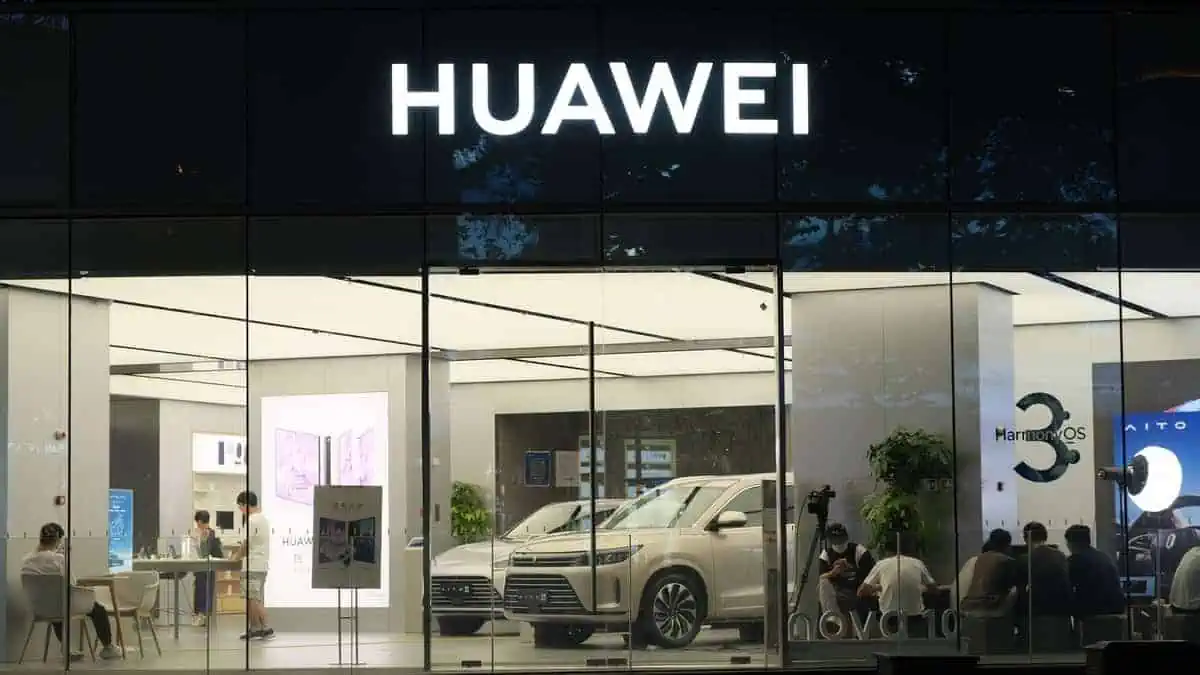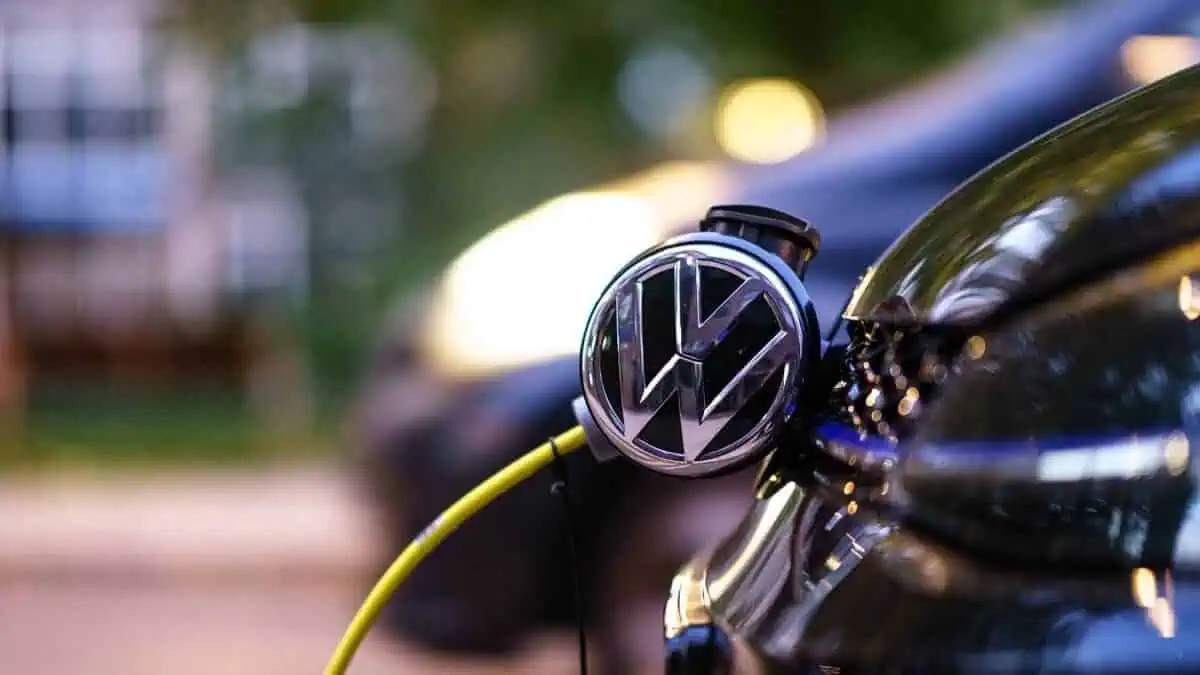Chinese tech giant Huawei apparently reached out to German automakers Mercedes Benz and Audi about potential investments in its smart car software and components business, Reuters reports, citing three people “with knowledge of the discussions.”
Report highlights
Huawei announced plans in November to spin out its four-year Intelligent Automotive Solution (IAS) business unit. It aims to advance as a major player in the smart electric vehicle software and components supply chain. Notably, sources suggest that the business unit will have a market valuation of $28 billion to $35 billion.
Now, two sources revealed that Huawei had a preliminary discussion with Mercedes in recent weeks. The tech giant reportedly offered a 3% to 5% stake for a yet-to-be-determined value, as noted by TechGoing.
However, Mercedes was reportedly not highly interested as it prefers to manage its software internally to maintain its luxury brand image.
On the other hand, the report was not able to determine Audi’s response to the offer. However, two unnamed sources revealed that it is currently exploring a potential partnership with Huawei for autonomous driving tech development. These technologies will reportedly feature in Audi’s EVs in China from 2025.
Purpose
According to the exclusive report, Huawei aims to expand its collaborations in the automotive industry beyond its co-Chinese companies.
One of the sources who reportedly had a briefing on the matter further disclosed that the tech giant seeks to attract international investors to ensure some kind of protection from intensifying geopolitical tensions.
Huawei admitted last April that it has been difficult for them to attract foreign partners from Europe, America, and Japan due to US sanctions.
“Therefore it’s a huge challenge because we have invested tremendously.”
Richard Yu, Huawei’s smart car business head
Global automakers partner with Chinese firms
Huawei’s efforts to seek foreign investments come as international automakers present in China are racing to partner with local firms. These partnerships facilitated the development of high-tech vehicle features that meet the preferences of Chinese customers.
For instance, VW partnered with XPeng and autonomous driving chip developer Horizon Robotics to develop its smart and connected EVs for the Chinese market.
Audi also tapped SAIC Motor to expand its sales in a market segment it had not been able to penetrate before.
On the other hand, Huawei’s partnerships were mostly local. It collaborated with various Chinese automakers like Seres Group and Chongqing Changan Automobile. Report sources also claimed that Dongfeng Motor is among the potential investors in the tech giant’s smart car business.






